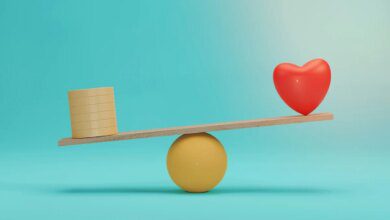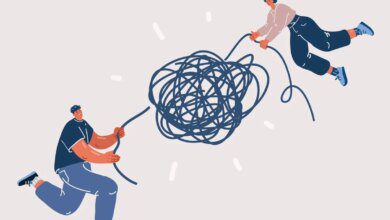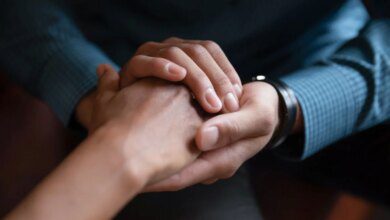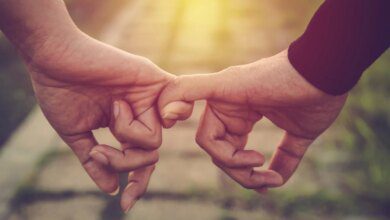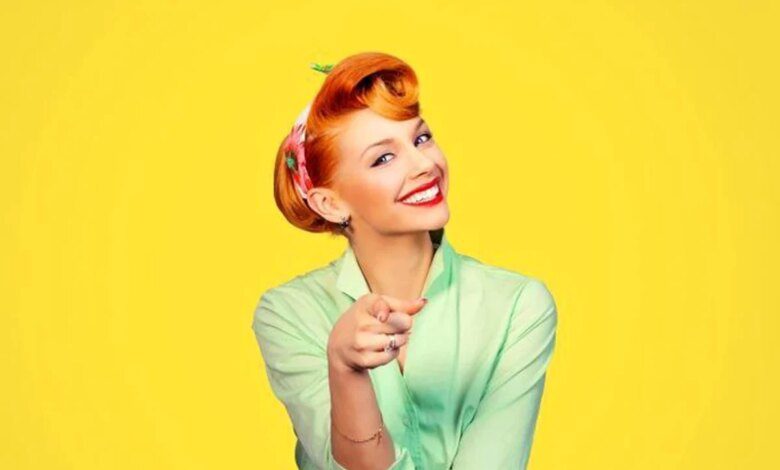
What is the difference between personality and behavior? Psychologist explains
Personality and behavior are two different characteristics that help define us and can be measured through personality tests and behavioral assessments.
According to renowned psychologist Laura-Maria Cojocaru, many people often confuse personality and behavior, often using the terms interchangeably, even though there are fundamental differences between personality tests and behavioral assessments. “Personality is a collection of psychological traits that determine how a person reacts in certain circumstances and relates to others. Personality is also an important factor in the development of human behavior. Behavior, on the other hand, is a person's actions and reactions in certain circumstances or in the presence of other people. They can also be influenced by a person's personality. Thus, behavior is usually a product of personality and the environment in which a person lives,” explains psychologist Laura Maria Cojocaru.
4 types of behavior
According to the expert, we can divide our behavior into different layers, but the most noticeable ones are: conscious behavior, unconscious behavior, behavioral filters, cultural heritage.
1. Conscious behavior. “Conscious behavior is our learned behavior that is directly related to the situation or the people involved in it. It combines perceived demands and intrinsic behavioral motivation to tailor our behavior to a specific situation or person. This is the most decisive and best approach to incentives. At this level, we consciously adapt our behavior to different conditions. Adapting our behavior often requires significant use of our energy resources. This adaptation can sometimes force us to function under extreme stress or pressure if we behave far from our natural behavior style,” says psychologist Laura Maria Cojocaru.
2. Unconscious behavior. “Unconscious behavior is how we choose to respond to a stimulus and how we naturally express ourselves. Behavior at this level is the most natural for us, it is the style we use most often, and it also requires the least amount of energy. In addition to the fact that this is the style of behavior that we use most often, it is also the style that we use when we are least in control, for example, under pressure or when we need to react quickly,” explains the psychologist.
3. Behavioral filters. Behavioral filters are strictly individual. They can be used and changed quickly. The most significant behavioral filters are: attitudes, values, skills, knowledge, experience, physical condition and mental state, the psychologist continues.
4. Cultural heritage (heritage). “Cultural heritage is everything that we have adopted during our lives. It includes the cultural norms, values, ethics and morals of our culture that we have learned and experienced. It is something from our inner self that we are not even fully aware of. This is the default setting and we cannot pass it on to anyone else. Cultural heritage is how people perceive the world around them and use ideas and tools to improve communication and achieve goals. It includes the concept of different temperaments and abilities that are recognized and considered within this system. Cultural heritage is based on basic personality theories that define six dimensions of behavior: leadership propensity, ambition, stability, extraversion, conscientiousness, and cooperation. It is a determination of how a person motivates, behaves and reacts, and how they are influenced by the environment in which they find themselves. Advanced DISC recognizes that each person has a unique “background” that is reflected in their behavior. It offers tools for understanding how people behave and interact with each other, and how relationships and goals can be improved,” says psychologist Laura Maria Cojocaru.
Difference between personality and behavior
Moreover, the specialist argues that personality not only influences how we react to the environment, but also in certain ways determines how we act and think.
“We express our personality through our thinking, emotions and behavior. Behavior, on the other hand, is how we encounter others in our actions. We express our behavior through our actions. At its core, behavior is what we do, while personality is how we think and feel. The main difference between personality and behavior is that we observe personality through a person's thinking, emotional patterns and behavior. However, we observe behavior by assessing a person's patterns of action and mannerisms. Another major difference between personality and behavior is that our personality remains relatively stable, while we can adapt our daily behavior in response to our environment. Our personality is formed very early in our lives through a combination of genetic and environmental factors. In comparison, our behavior changes as we age, we develop and respond to our current environment,” concludes psychologist Laura-Maria Cojocaru, President and Founder of the Institute for Somato-Integrative Linguistic NeuroProgramming (INLPSI).




